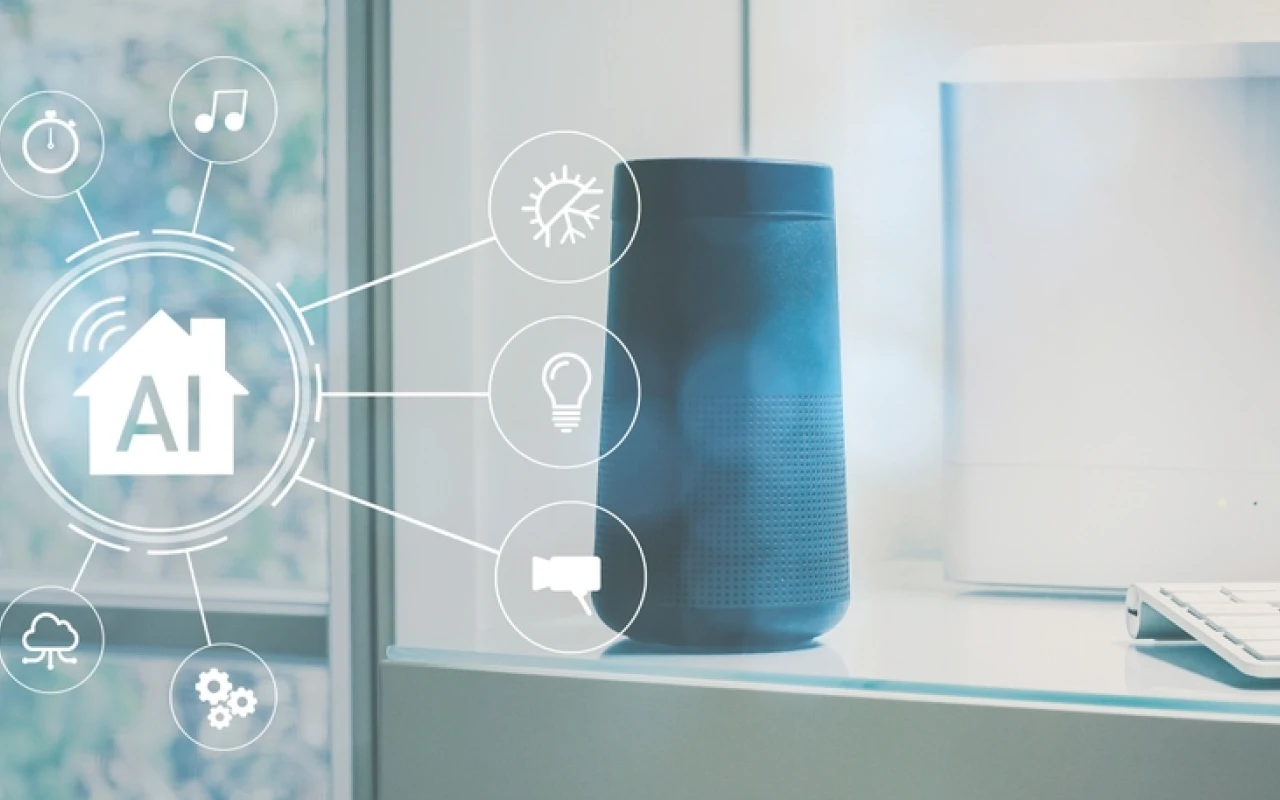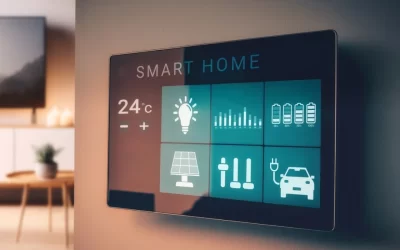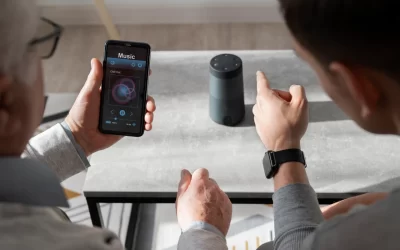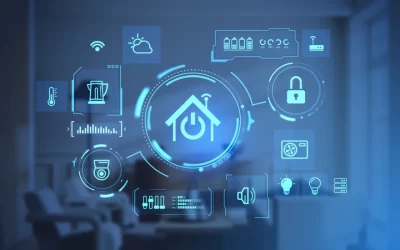Table of Contents:
- Introduction
- Understanding DIY Installation
- Exploring Professional Installation
- Factors to Consider
- Cost Comparison
- Conclusion
1. Introduction
As smart home technology becomes increasingly accessible, many homeowners face the decision of whether to opt for do-it-yourself (DIY) installation or professional installation when setting up their smart home devices. In this blog, we’ll explore the pros and cons of both approaches and help you determine which option is best suited for your smart home needs.
2. Understanding DIY Installation
DIY installation involves setting up and configuring smart home devices on your own, typically using manufacturer-provided instructions or online tutorials. This approach offers the advantage of flexibility and convenience, allowing homeowners to install devices at their own pace and according to their preferences. However, DIY installation may require a certain level of technical skill and knowledge, and there’s a risk of errors or compatibility issues if not done correctly.
3. Exploring Professional Installation
Professional installation, on the other hand, involves hiring trained technicians to install and set up smart home devices on your behalf. This approach offers the advantage of expertise and assurance, as professionals are experienced in handling a wide range of smart home products and can ensure proper installation and configuration. Additionally, professional installers can provide guidance and recommendations based on your specific needs and preferences.
4. Factors to Consider
When deciding between DIY and professional installation for your smart home, several factors should be taken into consideration:
- Technical Skill: Do you have the technical knowledge and skills required to install and configure smart home devices on your own?
- Time Constraints: Do you have the time and patience to devote to DIY installation, or would you prefer to have professionals handle the setup for you?
- Complexity of Devices: Are the smart home devices you’re installing relatively straightforward, or do they require advanced configuration or integration with other systems?
- Warranty and Support: Does the manufacturer offer warranty coverage and technical support for DIY installations, or is professional installation required to ensure warranty compliance?
5. Cost Comparison
Cost is another important factor to consider when weighing DIY vs. professional installation for your smart home. While DIY installation may seem more cost-effective upfront since you’re not paying for professional services, it’s essential to consider the potential long-term costs associated with errors or mistakes that may arise from improper installation. Professional installation, while more expensive initially, can provide peace of mind and potentially save you money in the long run by avoiding costly repairs or replacements.
6. Conclusion
In conclusion, the decision between DIY and professional installation for your smart home ultimately depends on your technical skill level, time constraints, device complexity, and budget. While DIY installation offers flexibility and convenience, it may not be suitable for everyone, especially those lacking technical expertise or facing time constraints. Professional installation, while more expensive, provides assurance and expertise, ensuring proper setup and configuration of smart home devices. By carefully weighing the pros and cons of each approach and considering your specific needs and preferences, you can make an informed decision that best suits your smart home goals.






0 Comments